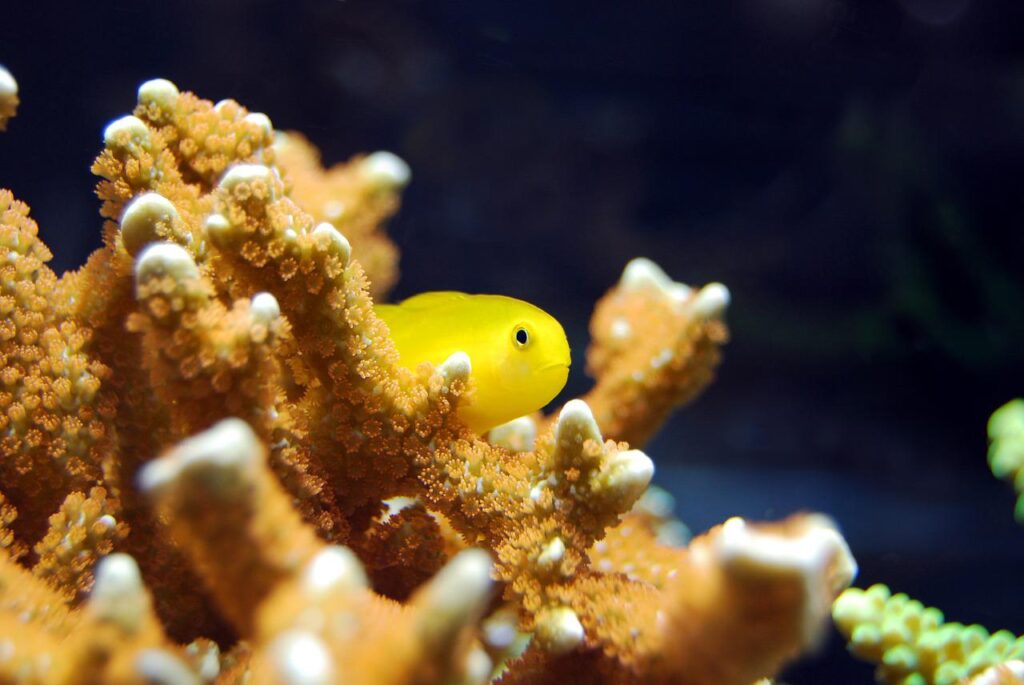The Four year education(bachelors) in science qualification in Sea life Science incorporates a thorough educational program focusing on a solid establishment in organic sciences just as science, math, material science and oceanography as groundwork for further investigation in graduate school, and for a wide scope of professions
Market Value
In spite of the fact that activity development in the field of sea life science is marginally not exactly average, the field is required to develop around four percent by 2024, this is ascribed legitimately to the way that most sea life scholars love their employments – and subsequently infrequently leave them. That being stated, sea life researcher will in general procure high normal beginning compensations as pays ranging from PKR 100,000 to 500,000/- per month.
Admission Criteria
- Pre-medical group
- Pre-Engineering Group
- Different Gatherings (learned at any rate two subjects from the accompanying: Science, Material science and Arithmetic)
- FURTHER PATHS:
- M.Sc.
- B.Sc. /B. Sc. (Hons.) with subject of Bio-science, Plant science, Science, Topography, Geography, Sea life Science, Microbiology, Material science or Zoology
- M.A.S. ( one year )
- M.Phil.
- M.Sc. or then again BS in Sea life Science, Fisheries, Freshwater Science, Beach front and Marine Administration, Zoology, Organic science, Science, Natural chemistry, Hydrobiology, Hereditary qualities, and Material science
- Ph.D.
- MS/M.Phil. With CGPA 3.00 or more or its proportionate capability
Renowned Institutes
| Institute | city |
| 1.University Of Karachi | Karachi |
Undergraduate
Various subjects that make it to the list of marine biology;
- Introduction to Marine Science
- General Chemistry
- General Biology
- Statistics
- General Geology
- General Physics
- Marine Ecology and Ecosystem
- Computer Application
- Biostatistics
- Introduction to Sociology
- Marine Resources
- Fundamentals of Economics
- Marine Biochemistry
- Marine Microbiology
- Physical Oceanography
- Marine Biodiversity
- Coastal and Marine Sedimentology
- Marine Geochemistry
- Ocean Basin Evolution
- Coastal Zone Management
- Marine Population and Control
- Marine Fisheries
Related Job Fields
- Ocean Engineering
- Ocean Mammal Trainer
- Marine Biology
- Marine Archeology
- Oceanology Researcher
- Environmental Educator
- Aquatic Veterinarian
- Scuba Diving Instructor
- Underwater Filmmaker
- Oceanography Scientist
- Marine Environment Economics
Work description
Marine biologist can get to participate in many contributing ways like;
Investigation of the life in the sea, including fish, ocean warm blooded animals, scavangers, shellfish, and tiny fish. The sea life researcher looks at the physiology, biology, circulation, life cycle, sicknesses, and relocation of sea life forms. He will likewise inspect the unpredictable impacts of contamination.
Pros
- Traveling to exotic places, spending time in ships or submarines and staying in nice hotels all over the world are just some of the benefits of being a marine biologist and also serving the greater good for working to benefit the Next Generation.
Cons
- Physical dangers: being a sea life researcher. you are investing a large portion of your energy adrift, so physical dangers will consistently be available. Sea tempests or unpleasant waves cause hazards that are unavoidable
CONTENT CURRICULUM POWERED BY UNIDESK

